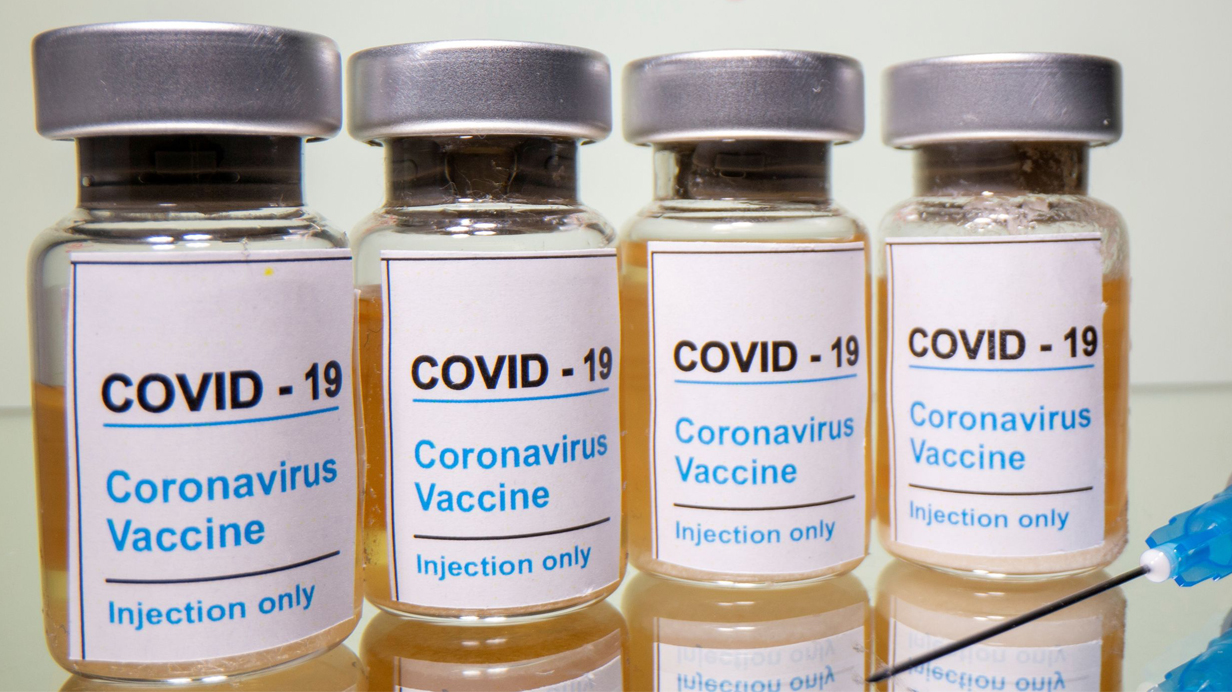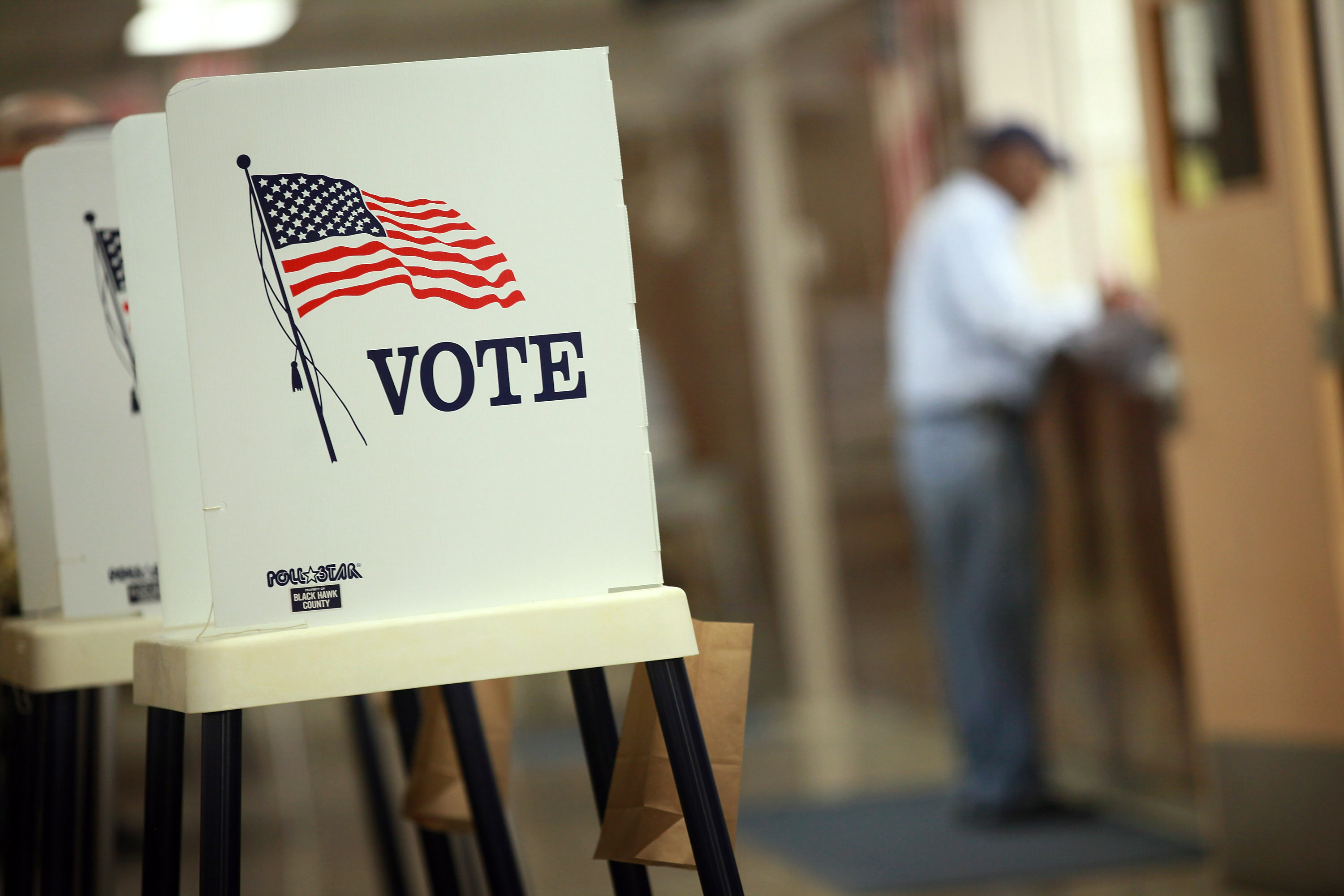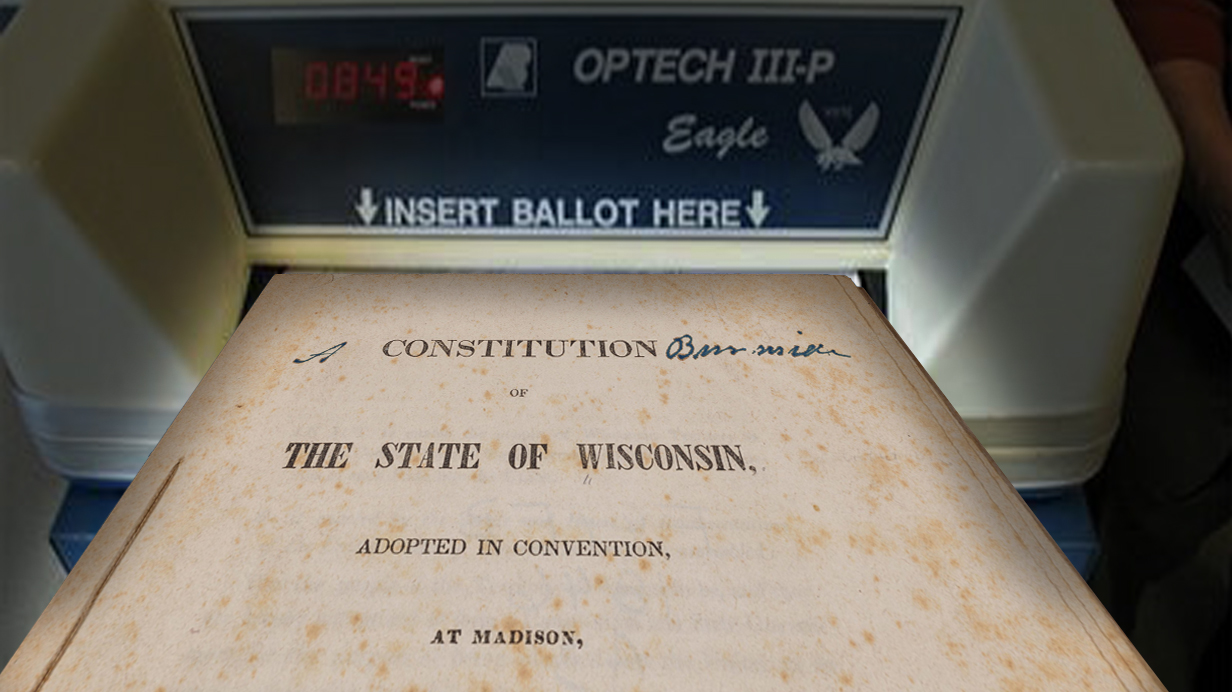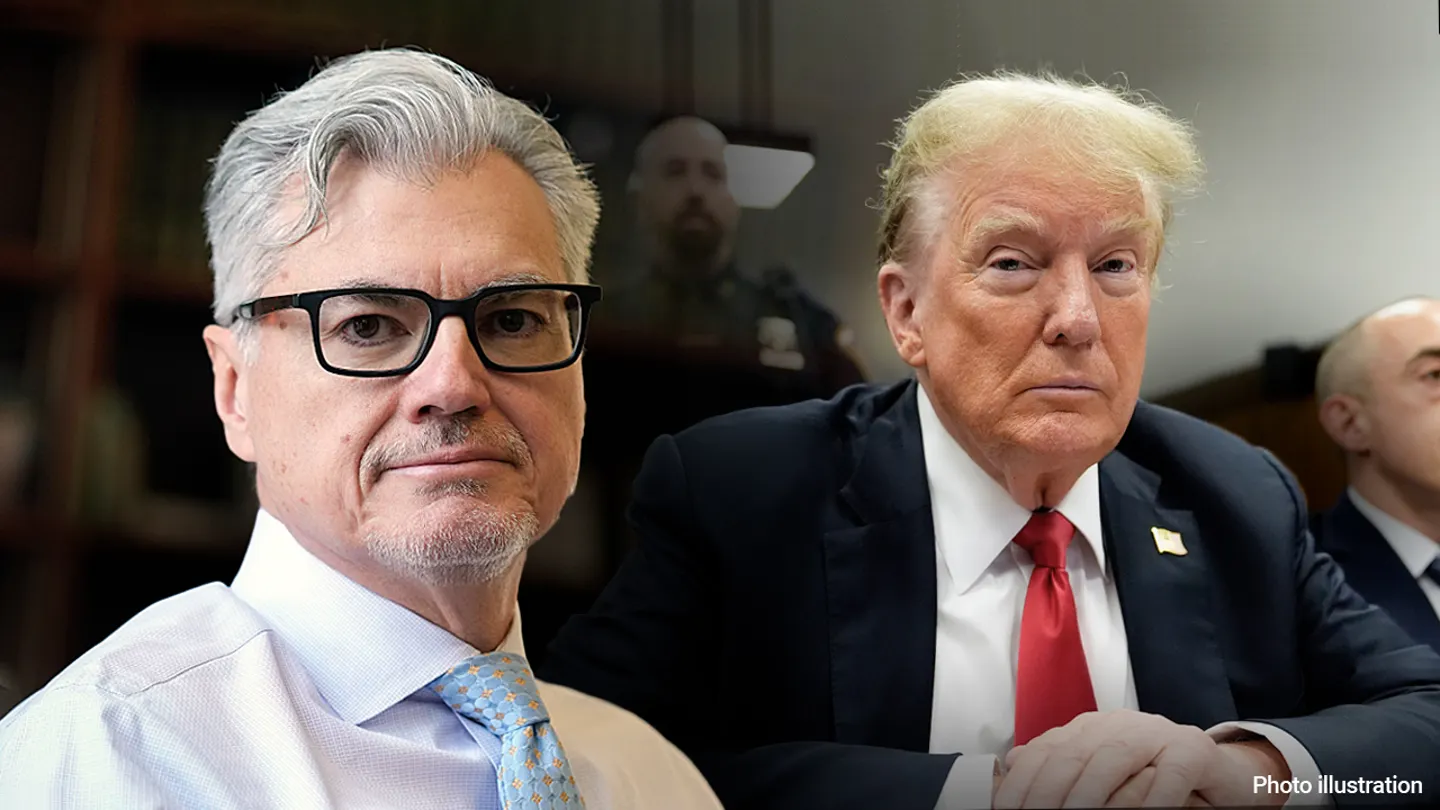
Annette Olson–An unprecedented legal maneuver from the Biden administration could dramatically curtail investment in critical sectors like artificial intelligence, quantum computing, and the life sciences. Unless the administration reverses course — and soon — China could gain the upper hand in the global tech race.
By Annette Olson
June 3, 2024
Initially published on RealClear Health
At issue is an ongoing patent infringement lawsuit between Moderna and two smaller biotechs, Arbutus and Genevant. The latter claim that Moderna used their patented lipid nanoparticle technology without permission when it developed its mRNA-based Covid-19 vaccines.
There’s nothing extraordinary about the Moderna case itself; patent infringement suits are routine in the U.S. legal system. If a party is found liable for patent theft, it forks over damages and life goes on.
What is unusual is the bizarre “statement of interest” that the Department of Justice filed in this case. The DOJ claims that if the suit goes Arbutus and Genevant’s way, then taxpayers — not Moderna — should foot the bill for any court-imposed damages. Such damages could easily climb into the billions.
The government’s argument hinges on a little-known World War I-era law: Section 1498 of Title 28 of the U.S. Code, occasionally dubbed “eminent domain for IP.”
Section 1498 entitles inventors to full compensation if the government, or a government contractor, directly infringes on their patents during a war or similar national security crisis. For instance, the government might invoke Section 1498 to use patented tech in military equipment. The patent holder could then sue for compensation in the U.S. Court of Federal Claims at a later date.
The DOJ argues that Section 1498 shields Moderna from private patent infringement liability, since the government asked pharmaceutical companies to develop Covid vaccines as part of “Operation Warp Speed.” Taxpayers — not Moderna — should therefore be on the hook for any damages, the DOJ says.
This argument doesn’t hold water. Section 1498 is narrowly tailored: the government can only assume liability when patented tech “is used or manufactured by or for the United States.” Decades of court decisions have reinforced this interpretation.
In the case of Moderna’s Covid vaccines, the government was one of numerous customers. And the vaccines were for every American, not just members of the military. And the shots were purchased across the world, not just by the U.S. government, helping Moderna take in tens of billions of dollars in revenue.
If courts accept the government’s far-fetched reading of Section 1498, it would set a precedent allowing the government to effectively invalidate patent protections for any product it happens to purchase — not just medicines, but everything from phones to software.
This would spell disaster for innovators across all patent-intensive fields. If private firms aren’t confident that courts will recognize the value of their IP, they’ll hesitate to develop novel products in the first place.
Policymakers have understood this since America’s founding. The U.S. Constitution underscores the importance of patents and other intellectual property protections, which secure “for limited Times to Authors and Inventors the exclusive Right to their respective Writings and Discoveries.”
The Section 1498 debacle is just one example of the Biden administration’s efforts to undercut IP protections across the board. In December, the White House announced newfound – if legally dubious – powers to tear up public-private patent licensing agreements that have helped bring hundreds of transformational products to market. And in 2022, the Biden administration backed a World Trade Organization scheme to hand foreign nations the IP underlying Covid-19 vaccines — despite the fact that there was a veritable glut of shots across the developing world.
Weakening incentives for innovation here at home will only help America’s rivals. China has made no secret of its intentions to out-compete the United States in crucial areas like semiconductors, biotech, and artificial intelligence. And just as U.S. leaders have eroded IP projections, China has reformed its own laws to strengthen patent enforceability.
Inventors and investors alike will turn away from the United States as the premier place for innovation, and will deploy their minds and money in countries that protect inventions. Ironically, even Moderna has already announced that it is taking its mRNA technology to China, for the benefit of Chinese citizens. One has to wonder if it’s taking Arbutus’s inventions to China, too.
If the Biden administration succeeds in turning America’s patent system on its head, the era of U.S. technological leadership could come to an abrupt — and painful — end.




